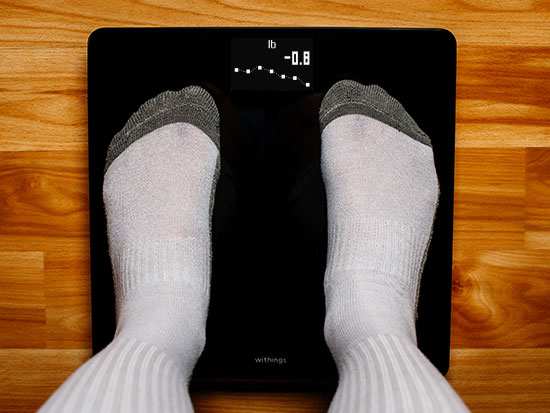Step on the scale each morning and what do you get? Over the next two years, UAB researchers are answering that question in a study testing the power of low-effort interventions to manage weight.
Obesity researchers usually create and study comprehensive, intensive interventions that involve significant interaction between patients and intervention staff. “That’s the gold standard approach to getting clinically meaningful amounts of weight off,” said Gareth Dutton, Ph.D., professor in the Division of Preventive Medicine in the UAB Heersink School of Medicine. But in the real world, those “staff and resources aren’t available,” Dutton said. “We wanted to identify lower-intensity, more targeted approaches that could help people manage their weight effectively and not be so burdensome.”
Simply maintaining weight would be a success because America’s obesity problem is getting worse all the time. Each year, American adults gain 1 to 2 pounds on average. “For most of us, that weight gain is very gradual; but it accumulates and increases the risk of chronic conditions” — everything from diabetes to high blood pressure and cancer, said Kevin Fontaine, Ph.D., professor and chair of the Department of Health Behavior in the School of Public Health.
